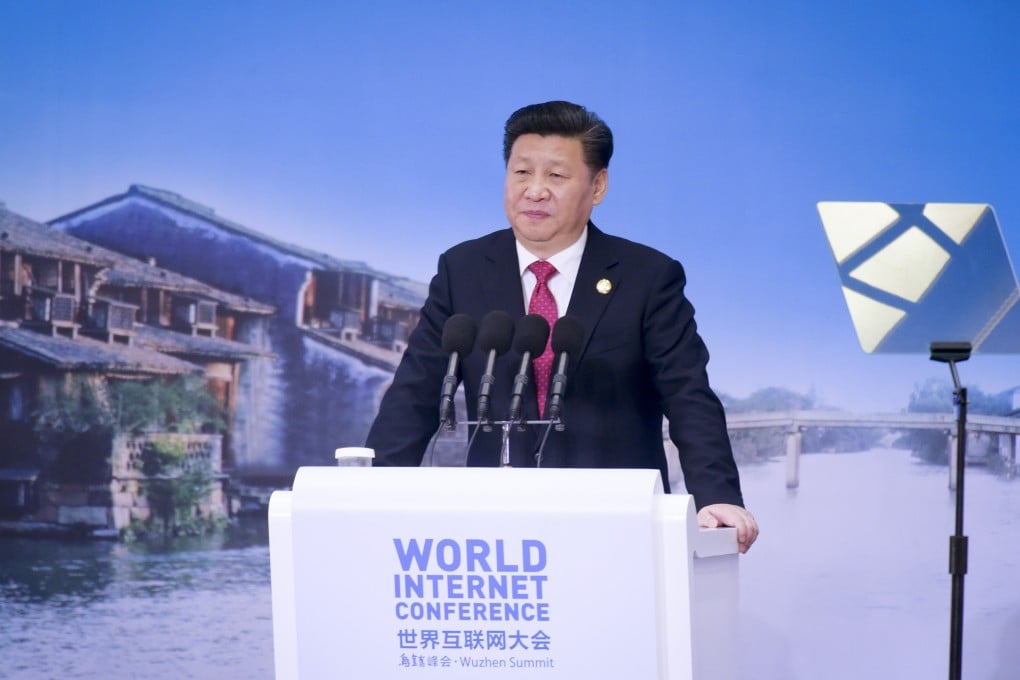Former head of China’s internet police who promoted proactive policing faces corruption probe
- Liu Xinyun, who ran the Network Security Bureau within the Ministry of Public Security from 2014 to 2018, is under investigation for suspected ‘severe violation’ laws
- Liu has been a champion of hi-tech policing, touting the use of ‘big data’ to monitor the public

The former head of cyber operations at China’s Ministry of Public Security, who has championed the role of “big data” and other technologies in policing, is under investigation by the country’s top anti-corruption watchdog on suspicion of “severe violation of discipline and laws”, the Chinese Communist Party’s Central Commission for Discipline Inspection said in a statement over the weekend.
Liu Xinyun, 59, is the latest senior-ranking police officer to be investigated in a years-long anti-corruption campaign started by President Xi Jinping that is now sweeping China’s domestic security apparatus. Currently a vice-governor in the northern Chinese province of Shanxi and the province’s police chief, Liu served as the chief of the Network Security Bureau within the Ministry of Public Security from December 2014 to January 2018.
The latest investigation follows the downfall of former Shanghai police chief Gong Daoan, former Chongqing police chief Deng Huilin, and former deputy public security minister Sun Lijun, who was put under investigation last April.
The Communist Party’s disciplinary body, also known as the National Supervisory Commission, did not provide details on the suspected wrongdoings of Liu, who has spent his entire four-decade career in China’s police system. Liu has been a key figure in promoting the application of information technology in policing, according to the Chinese-language journal China News Weekly.
The scope of responsibility for the Network Security Bureau makes it a powerful institution within the Ministry of Public Security, where it is known as the No 11 Bureau. Its duties include computer system security, cracking down on cyberspace crime, emergency handling of key cyberspace attacks, and administering cyberspace security services and products. In a clean-up operation in 2018, the bureau arrested 83,000 suspects in connection with 57,000 cyberspace crimes and deleted 4.29 million pieces of “illegal information” from the internet, according to an official review of the bureau’s work published in 2019.